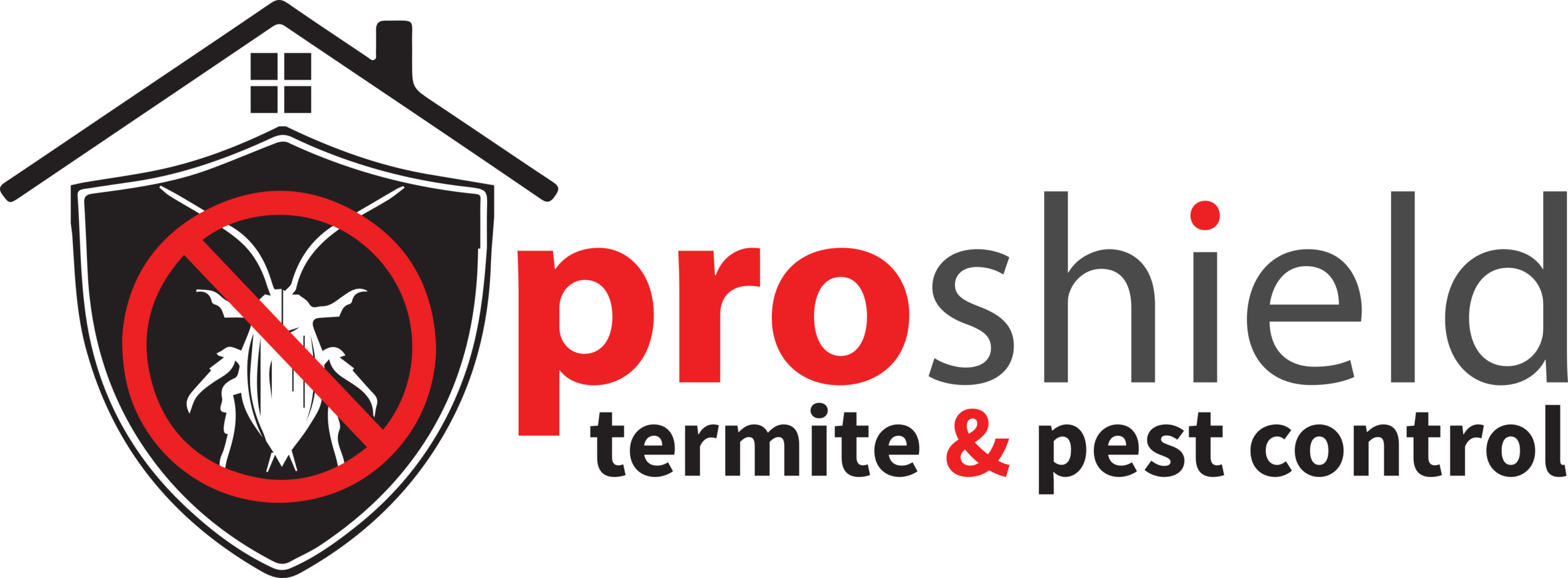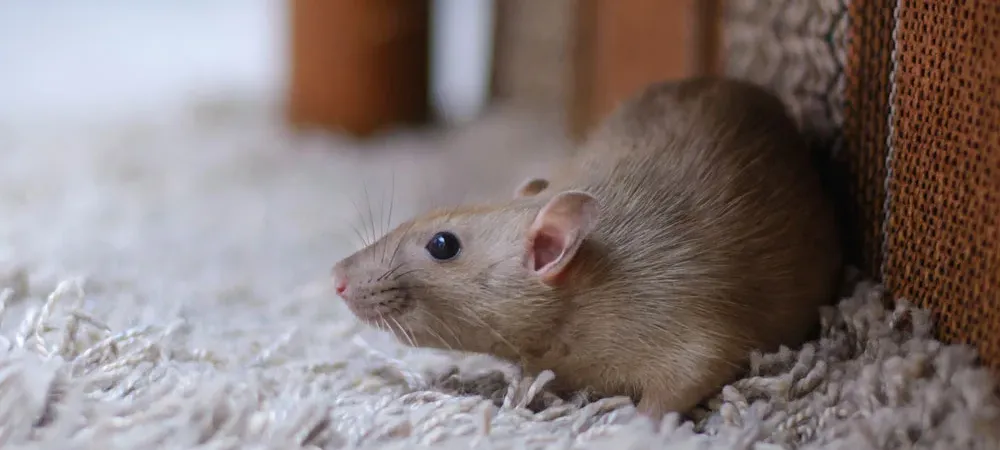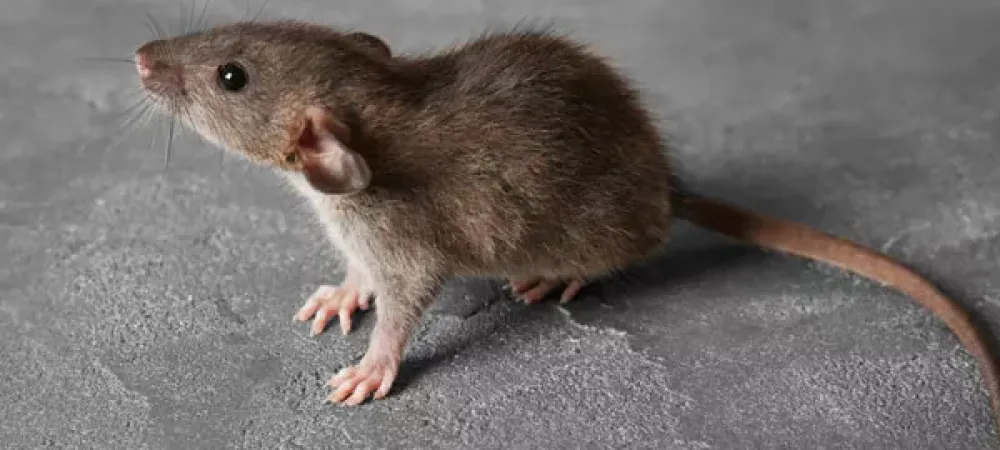Mice may be cute, but they can also be destructive. Contrary to popular belief, mice are not just pests that eat and destroy food products; they can cause damage to your home and spread disease through their feces and urine. To keep these rodents out of your home, you need to take steps before you ever see one—and even then, it’s not too late! Here are five tips on how to prevent mice from coming into your house (or getting back in after they have left).
First, Seal Off All Potential Entry Points.
As a general rule, mice are not particularly skilled at jumping, climbing or digging. They are small and agile enough to fit through very small spaces—including gaps as narrow as one-eighth of an inch. If you see signs that your home is being invaded by house mice (or have seen them in the last few weeks), there is a good chance they were able to sneak in through some crack or opening you haven’t noticed before.
To find these openings, use the following method: walk around the perimeter of your home and look for cracks in walls or floors, open vents that could provide access to the interior of your house, pipes that might creak when pressure builds up inside them, etc. Once you have found any possible entry points into your home—which will probably take less than 10 minutes—seal them off with caulk or steel wool as quickly as possible.
Use Peppermint Oil or Bleach to Mask the Scent Trails that Mice Use to Find Food.
In order to get rid of house mice, you need to stop them from smelling their food. Mice use their sense of smell to find food, and they can smell it from far away. If you don’t want mice in your house any longer, the best thing that you can do is spray peppermint oil or bleach on all areas where the mouse has been seen. This will mask the scent trails that mice use when they are looking for food and keep them away from your home.
Create a Natural Barrier by Planting Marigolds Outside the House to Discourage Rodent Entry.
Planting Marigolds is an easy, natural and low-maintenance way of deterring mice. They don’t like the smell and will avoid areas where Marigolds are planted. The flowers can be grown outdoors or indoors and can thrive in small pots on the patio or balcony if you don’t want to maintain a large garden.
Buy Plastic Shelving for Storing Dry Food Products Instead of Cardboard Boxes or Paper Bags.
Buy plastic shelving for storing dry food products instead of cardboard boxes or paper bags. While it seems like a good idea to place your boxed cereal and crackers in thin plastic storage containers, mice can chew through them with ease. Plastic shelving is sturdier, easier to clean and will keep your pantry safer from mice infestation.
Though mice can be a common sight in your home, they don’t have to be permanent. By following these tips and taking care of any problems as soon as they appear, you can keep mice out of your house and protect yourself from their unsanitary habits. When dealing with mice or any other pests, reach out to our experts at ProShield Pest & Termite Control.




